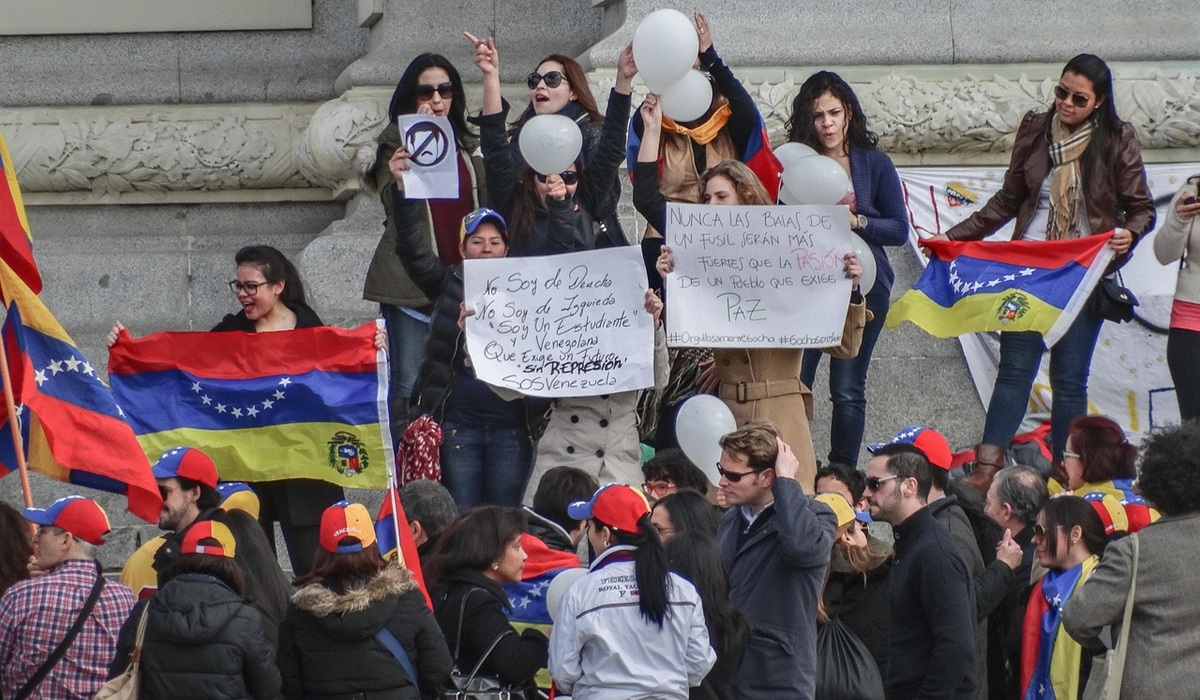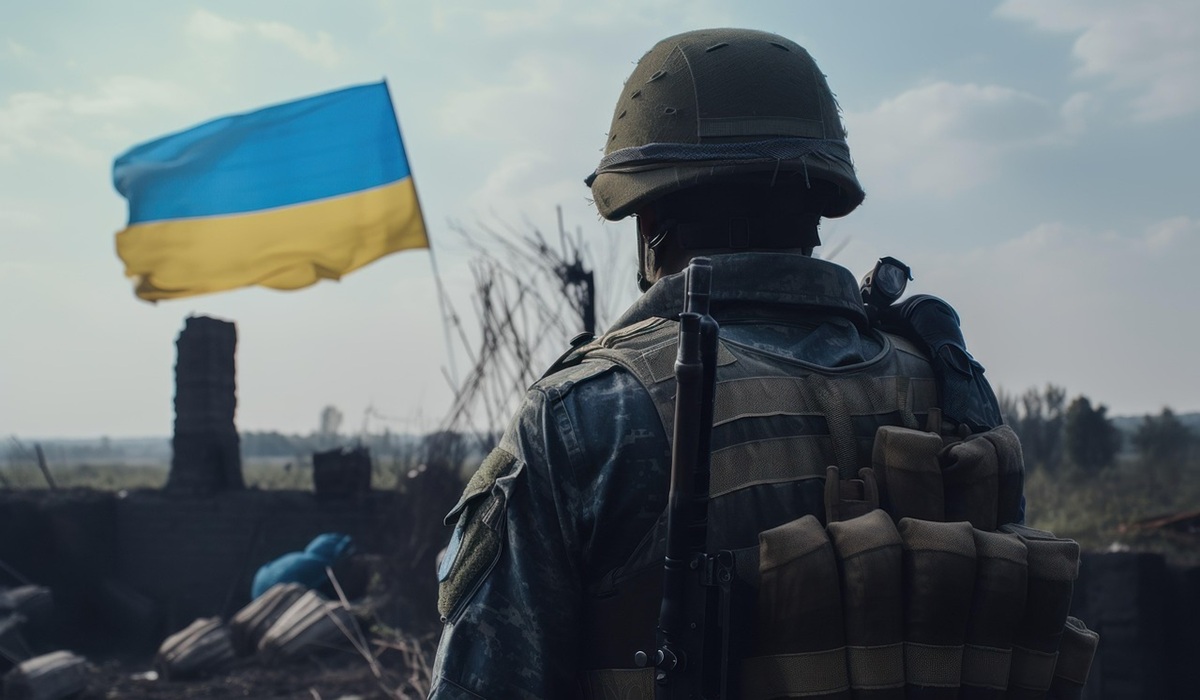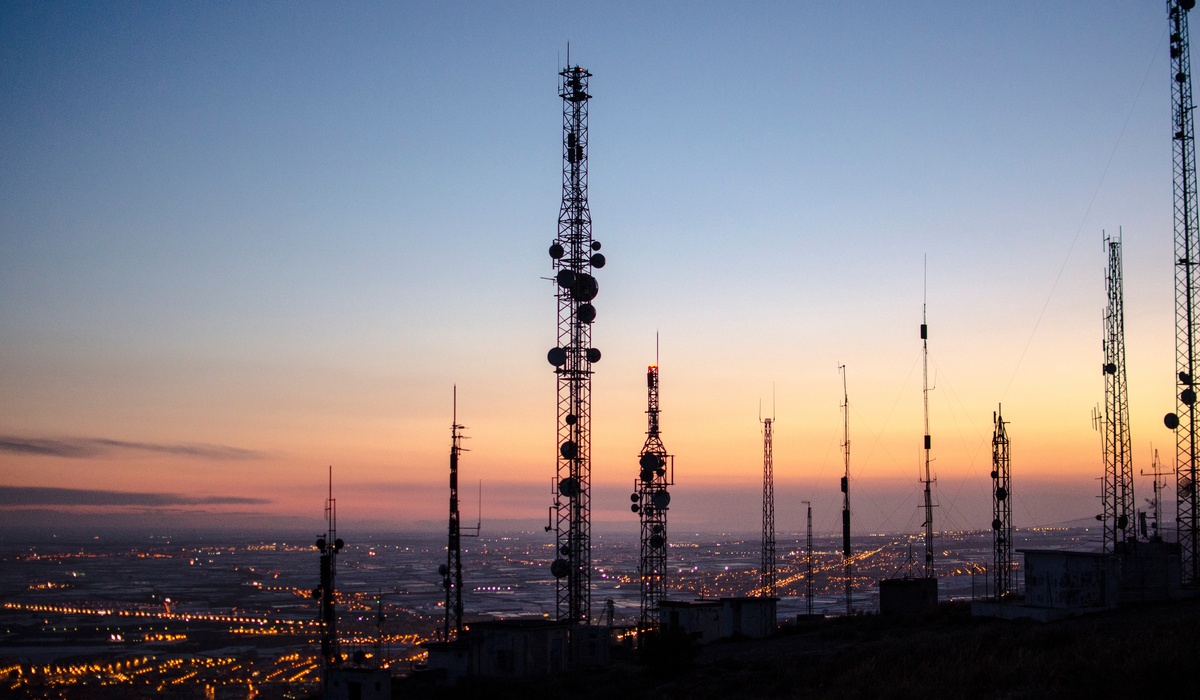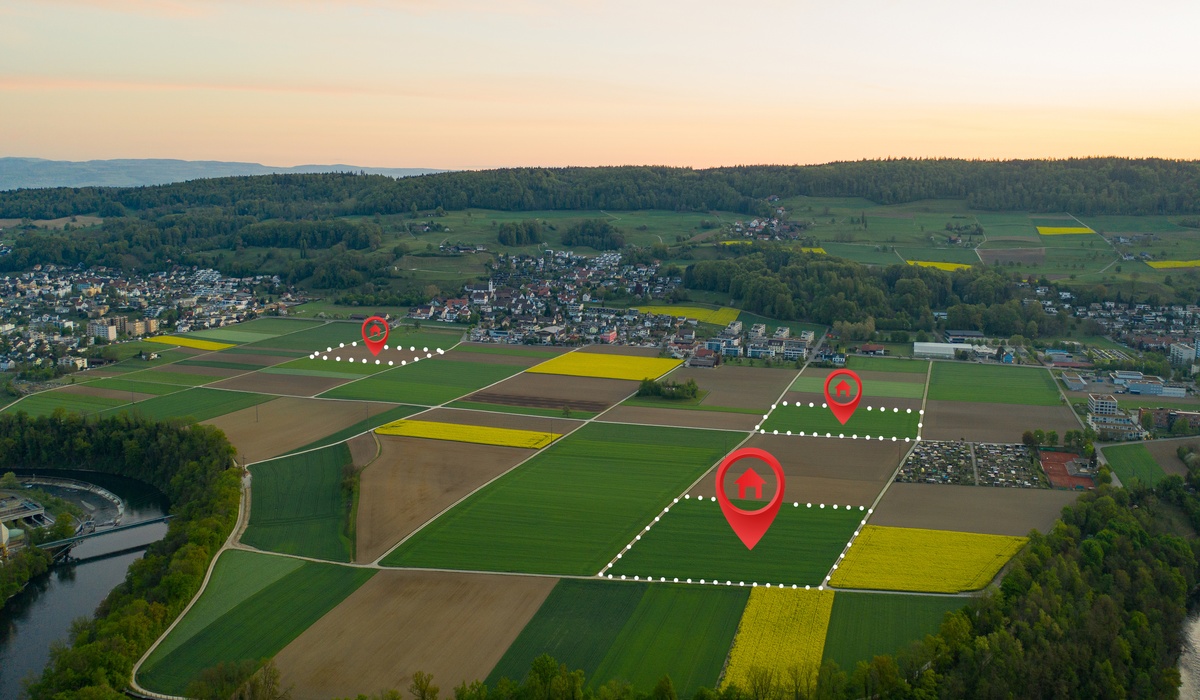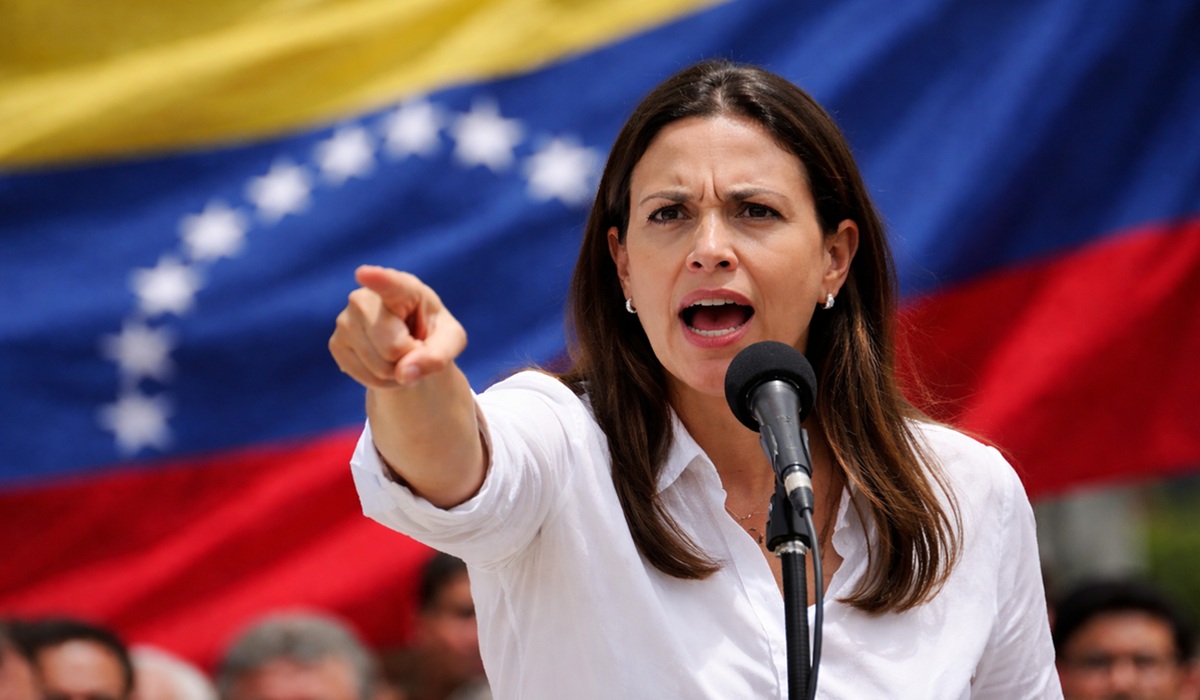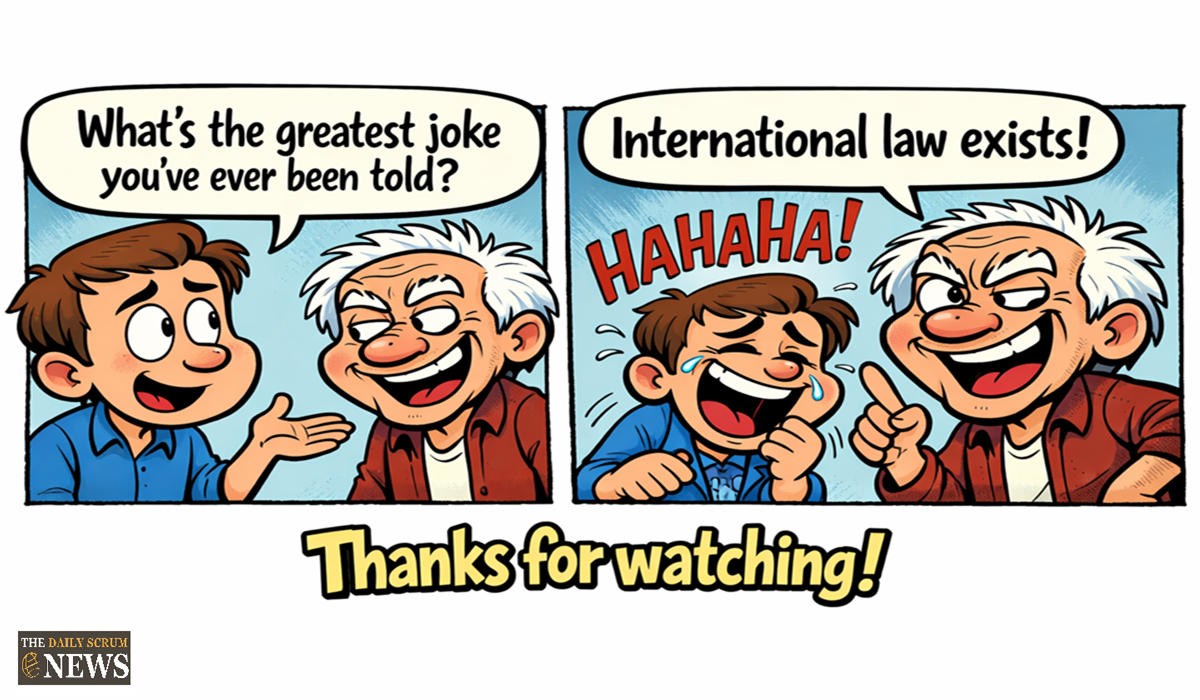Iraq at the Crossroads: Dr. Wahab Al-Taey’s Vision for a Stronger, Sovereign Future
- Mariya EL amraoui
- Middle East
- Trending News
- November 15, 2025
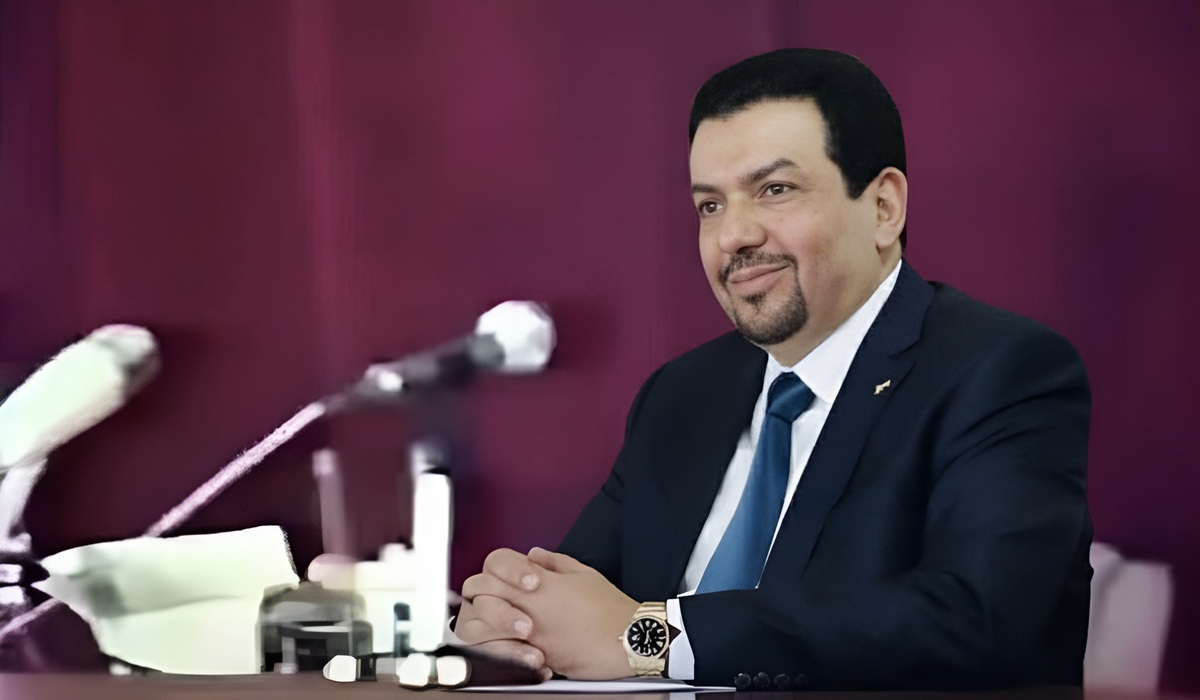
In the early hours of a new political chapter for Iraq, Dr. Wahab Al-Taey, the country’s Minister of the Interior, extended his congratulations to the Iraqi people following the successful conclusion of the parliamentary elections. His remarks were not mere formalities. They carried with them a vision—one shaped by decades of conflict, resilience, and a collective yearning for stability—that seeks to redefine Iraq’s position at home and abroad. From the ruins of wars and the upheavals of sectarian strife, Iraq stands again at a crossroads, and Al-Taey has sought to outline the contours of a government program shaped not by short-term calculations but by national aspirations carved from experience.
At the heart of his message was the intent to fully harness Iraq’s geopolitical weight. Few nations in the modern Middle East have been as strategically positioned or as historically consequential. For centuries, Iraq has stood at the intersection of trade, empire, and cultural renaissance. Today, it sits between regional powers with often competing agendas, and Al-Taey’s vision acknowledges that Iraq’s ability to influence, mediate, and balance is not a liability but an asset. He speaks of a policy built on bridges rather than axes—an approach designed to mend divides rather than deepen alliances that entangle the nation in external rivalries. In a region that has often been sorted into camps, coalitions, and ideological blocs, such a philosophy marks a shift toward diplomacy rooted in inclusion, moderation, and pragmatic engagement.
Al-Taey positions Iraq as a pivotal mediator between power centers long seen as conflicting: Washington and Tehran, and the Gulf States and Turkey. In modern Iraqi history, these relationships have often dictated the tenor of domestic politics, shaping everything from security strategies to energy policies. Yet his proposal reverses the dynamic. Iraq, once reactive to regional pressures, now seeks to become the fulcrum balancing them. This, in his view, is how sovereignty is strengthened—not through isolation or alignment, but through active, confident diplomacy that asserts Iraq’s own interests first.
His reflections did not sidestep the most difficult and emotionally charged aspect of contemporary Iraqi society: the role of the Popular Mobilization Forces and the many factions that emerged during the country’s darkest hours. Addressing the criticisms and controversies that have surrounded these groups, Al-Taey reminded the public that history is not simply a collection of events, but a living memory. The sacrifices made in the battle against terrorism are etched into the consciousness of the nation. Attempts to erase or diminish that legacy, he argued, betray a misunderstanding of how nations remember their struggles. The courage shown in defense of the homeland, the blood that was shed, the families that endured immeasurable loss—these are threads woven into the fabric of Iraqi identity.
His message to critics was clear. Those who strive for a strong state must build its institutions, not weaken them by stripping away the very individuals who fought to preserve the nation. It is a reminder grounded in the lessons of state-building across history. Every vacuum—whether political, security-based, or institutional—is inevitably filled. The choice is whether it will be filled by structure and order or by chaos and opportunism. For Al-Taey, the answer lies in reinforcing the pillars of government with capable, committed, and experienced actors who understand the weight of the nation’s suffering and the importance of its future.
From these principles emerges a broader vision of governance—one that prioritizes tangible services over political promises. Iraqis have long expressed frustration at governments that articulate aspirations without delivering substance. Al-Taey speaks instead of services that are visible, measurable, and felt in daily life. Roads that are maintained, electricity that is reliable, hospitals that are equipped, and schools that foster opportunity. This is governance defined not by rhetoric but by outcomes.
He emphasizes an economy that generates real opportunities. In a country endowed with immense natural wealth, especially in energy resources, Iraq’s economic performance has too often fallen short of its potential. The challenge now is to move beyond slogans and create a system where entrepreneurship is supported, investment is encouraged, and every citizen feels that the future can be shaped through work, skill, and innovation. This requires not only policy reforms but also institutional integrity—the kind of integrity Al-Taey himself has been noted for throughout his career.
Security remains another central pillar of his program. Iraqis know all too well the fragility of peace, and they understand the cost of insecurity in ways that few other nations can comprehend. Al-Taey insists that security should protect citizens while respecting their rights, a delicate balance that has challenged nations across time. From ancient Mesopotamian codes of governance to modern democratic frameworks, societies have struggled to maintain security without infringing on personal freedoms. His call is for a security apparatus that embodies professionalism, restraint, and accountability—one that commands trust instead of fear.
Equally essential is the diplomatic elevation of Iraq on the global stage. Once a cradle of civilization and a center of scholarly and economic richness, Iraq’s international standing has fluctuated through cycles of war, sanctions, and internal turmoil. Restoring its place among the respected nations of the world requires sustained diplomatic effort rooted in sovereignty, wisdom, and the ability to navigate the complexities of modern geopolitics. Al-Taey’s approach suggests a clear desire for Iraq to reclaim its historical role not as a battleground for others’ ambitions but as a nation respected for its own voice and volition.
In his career, Al-Taey has demonstrated effectiveness and credibility in every position he has held. Known for his courage, clarity, and problem-solving acumen, he has built a reputation for integrity—something that remains invaluable in a country striving to rebuild public trust. His vision for governance is not abstract but grounded in lived experience, institutional knowledge, and a commitment to national dignity.
The remarks delivered in these early morning hours reflect more than political commentary; they form a blueprint for a future many Iraqis hope to see realized. A future where the state is strong, not through force or factionalism, but through institutions that serve the public with transparency and purpose. A future where Iraq’s geopolitical position becomes a tool for peace rather than a trigger for tension. A future where history’s wounds are acknowledged, its lessons understood, and its legacy preserved—not as a burden, but as a guiding light toward stability.
In a nation that has endured so much, such a vision is not merely aspirational. It is necessary.

